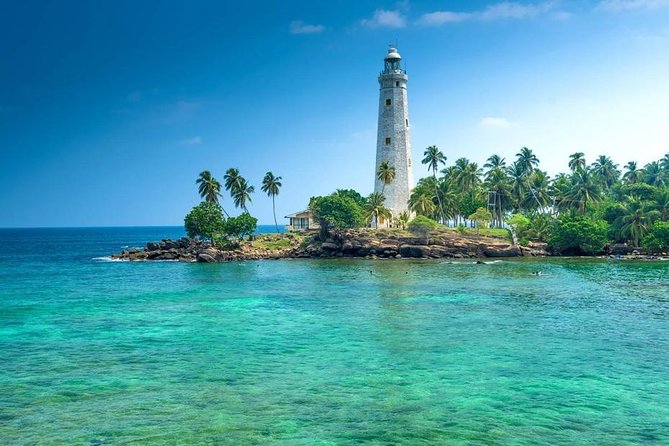Sri Lanka’s key tourism state agencies are set to undergo significant reforms, adopt a new tagline, and review their existing promotional campaigns under the newly established National People’s Power (NPP) government, according to their proposed tourism policy document.
Key Reforms and Structural Changes
The NPP government aims to transform the national tourism strategy by consolidating leadership within a single organization that operates with greater autonomy, moving away from the inefficiencies and bureaucratic constraints of the current system. This restructuring will involve the establishment of several key bodies:
1. National Tourism Commission (NTC): This will serve as the apex body overseeing national tourism, providing strategic leadership and direction.
2. Tourism Policy Formulation Council (TPFC): This council will be responsible for guiding policy development and providing necessary policy guidance to the NTC.
3. Sri Lanka Tourism Authority (SLTA): The SLTA will implement tourism development and promotion policies. It will be divided into two main divisions: the Tourism Development Division and the Tourism Marketing Division. Additionally, a Tourism Law Enforcement Unit will be established to ensure compliance with tourism laws.
4. Sri Lanka Institute of Tourism and Hospitality Management (SLITHM): This institution will focus on developing human capital in tourism and hospitality.
Financial Support and Protection for Workers
The proposed policy includes initiatives to support tourism sector workers through a tourism development fund, which will provide social protection and contributory pension/insurance schemes. These measures are particularly aimed at addressing income fluctuations faced by employees in the micro, small, and medium-sized enterprises (MSME) sector, especially during natural disasters or crises. Non-pensioners in the private and semi-government sectors will also benefit from the contributory pension fund, funded by a fixed percentage of the Tourism Development Fund, with efforts to attract additional external funding.
Establishment of the TPFC
To enhance the effectiveness of tourism policy, the TPFC will be established through amendments to the current Tourism Act, involving both industry experts and non-industry professionals to ensure comprehensive policy formulation and guidance to the NTC and its associated bodies.
National Tourism Master Plan
The policy document outlines the creation of a National Tourism Master Plan spanning ten years, alongside the establishment of regional offices to enhance localized tourism efforts. The new structure will actively identify and address illegal activities involving tourists and service providers, implementing immediate actions to mitigate such issues.
Branding and Marketing Initiatives
To reduce confusion in branding, the NPP government proposes designing a cohesive new branding campaign, incorporating maximum stakeholder participation to ensure stability and consistency. A sustainable global marketing campaign will focus on positioning Sri Lanka as a tourist-friendly and environmentally conscious destination. This will involve a collaborative effort with the foreign ministry, national airline, and various tourism national tourism organizations (NTOs).
Targeted Marketing Strategies
Special marketing campaigns will be developed for foreign independent travelers (FITs) and transit passengers, as well as emerging and new markets. The government will also support digital marketing initiatives from the private sector and MSMEs. Active engagement from foreign missions will be critical, with promotional offices planned for key markets.
Connectivity and National Carrier
SriLankan Airlines will play a pivotal role in enhancing connectivity to major tourism destinations while ensuring its financial stability. Any restructuring of the national carrier will prioritize national tourism objectives.
New Tourism Cities
To attract a new segment of travelers—transit tourists—the government plans to establish vibrant “sleepless” tourism cities, such as Colombo and Negombo, aimed at enhancing the overall travel experience and maximizing tourism potential.
This comprehensive reform initiative aims to revitalize Sri Lanka's tourism industry, enhance its global image, and ensure sustainable growth in the coming years.
Source: The Sunday Times



